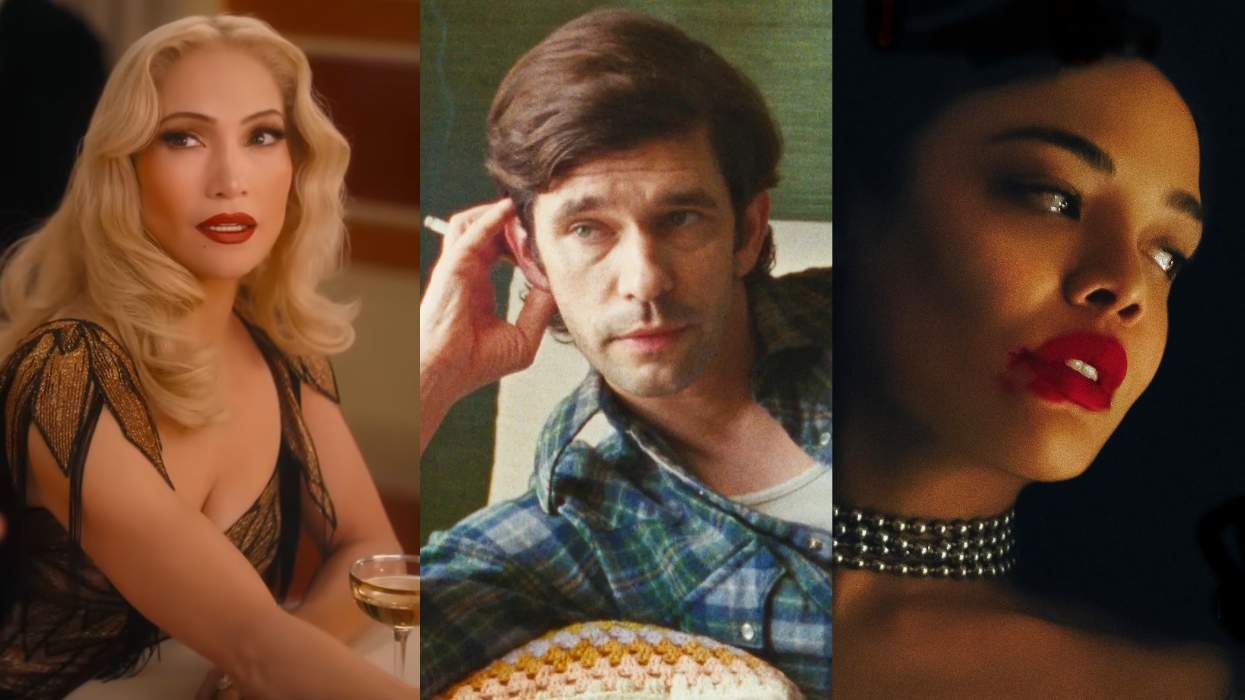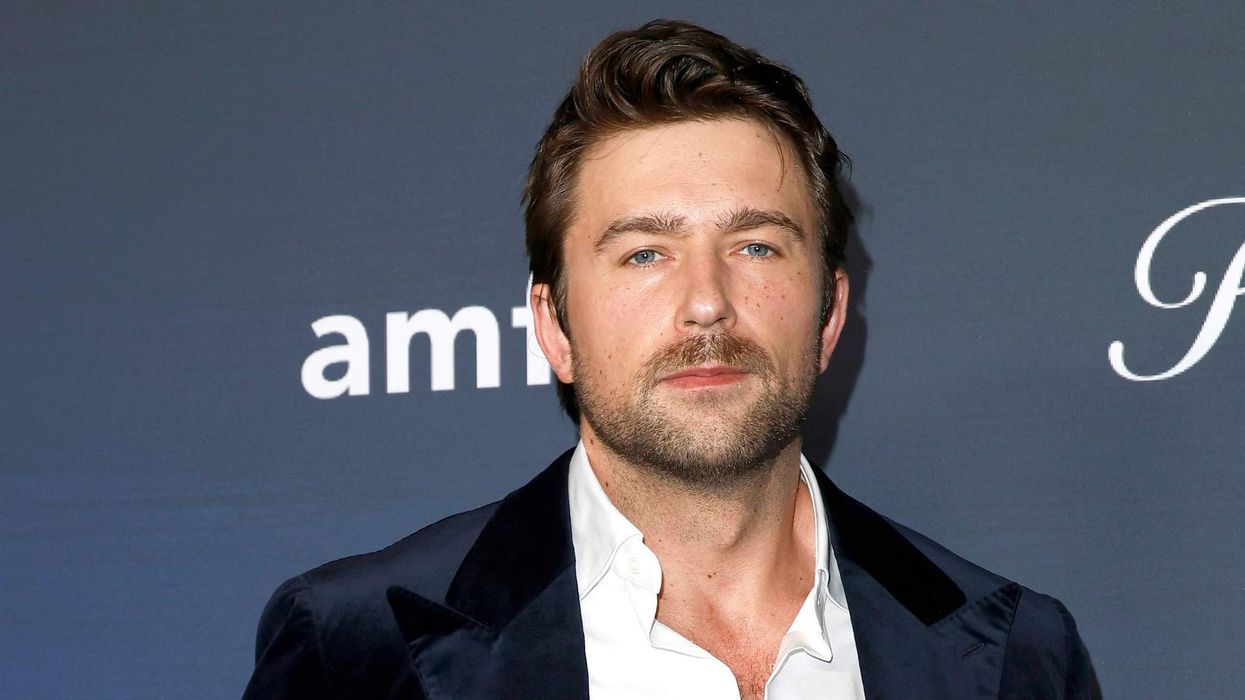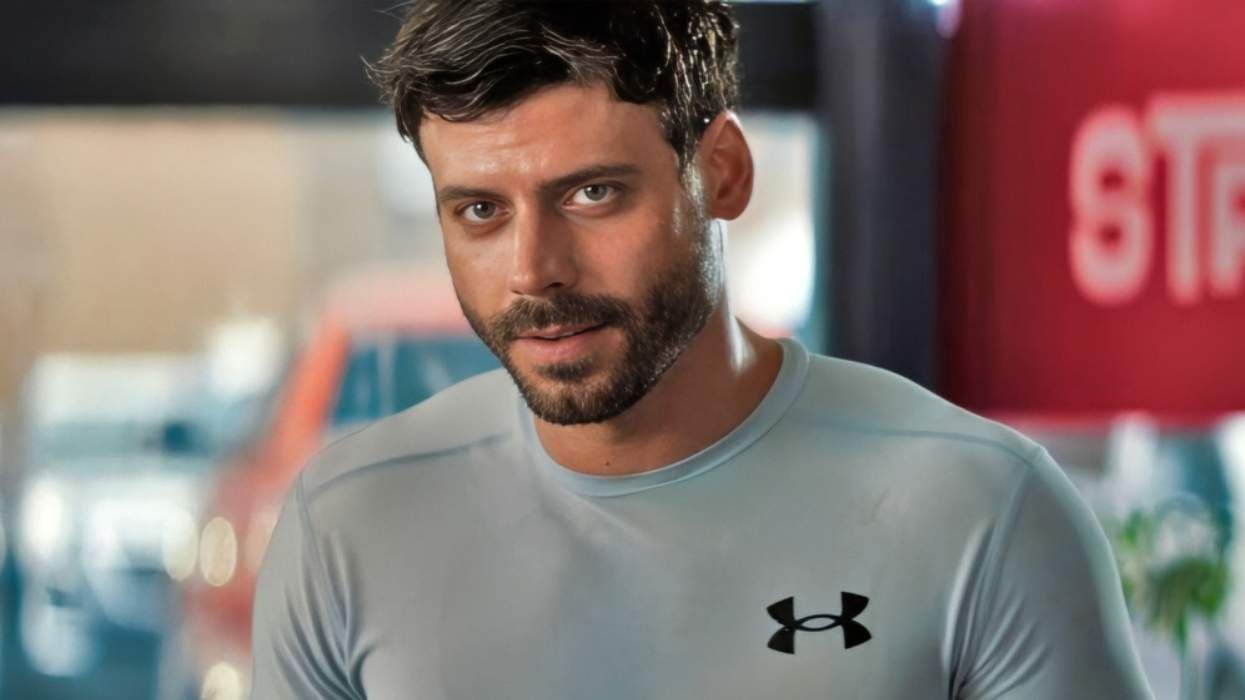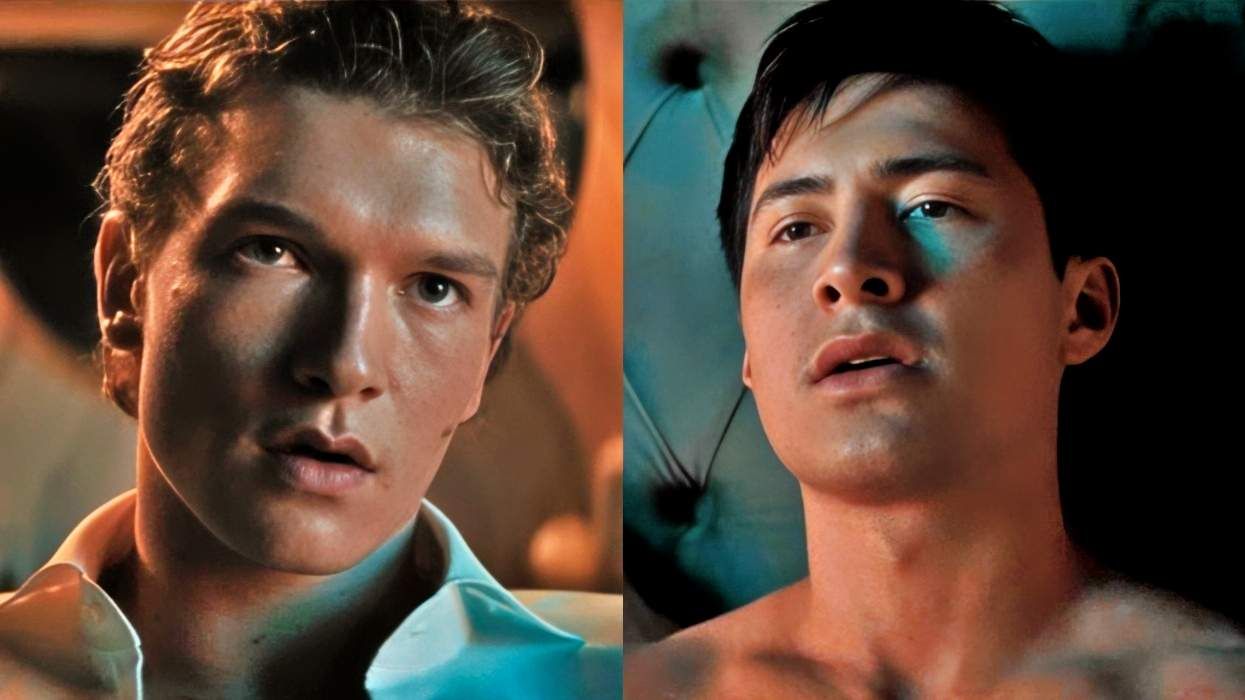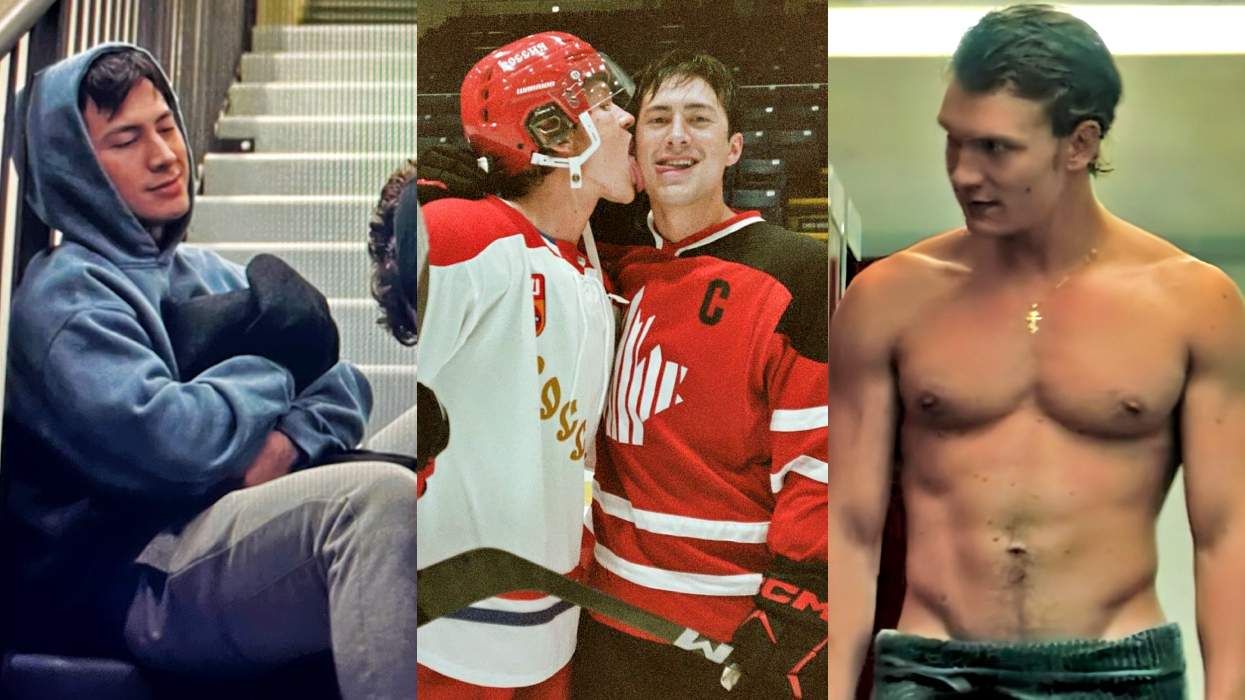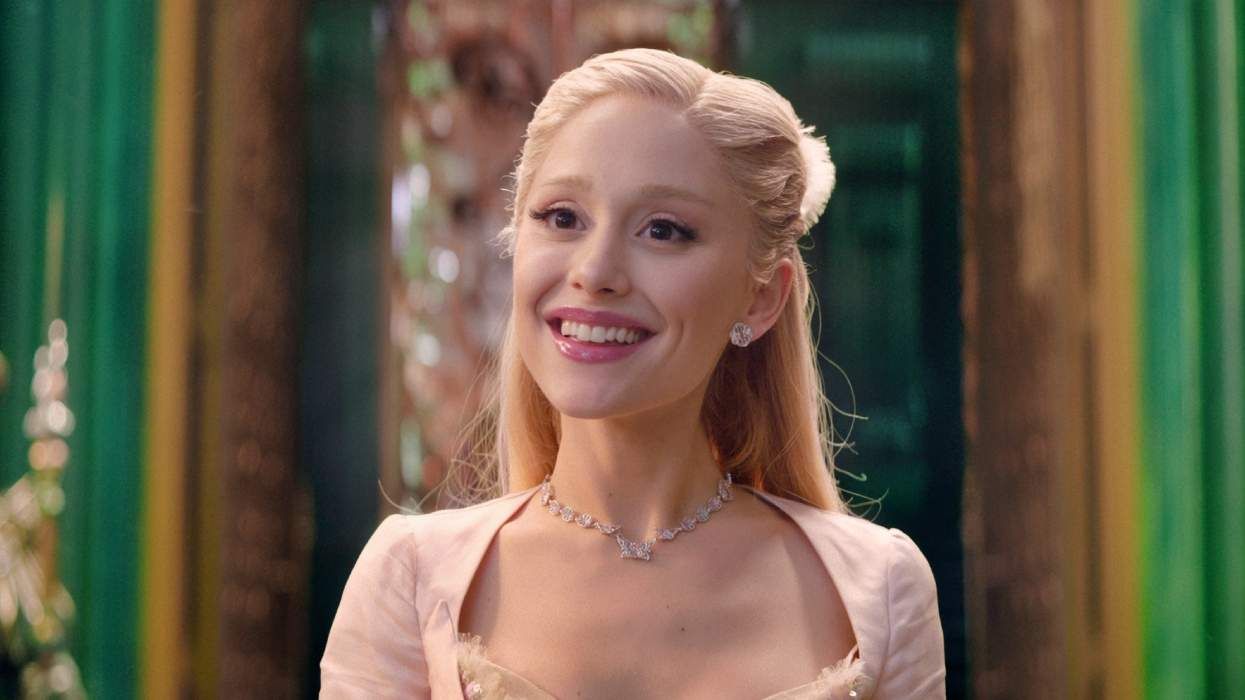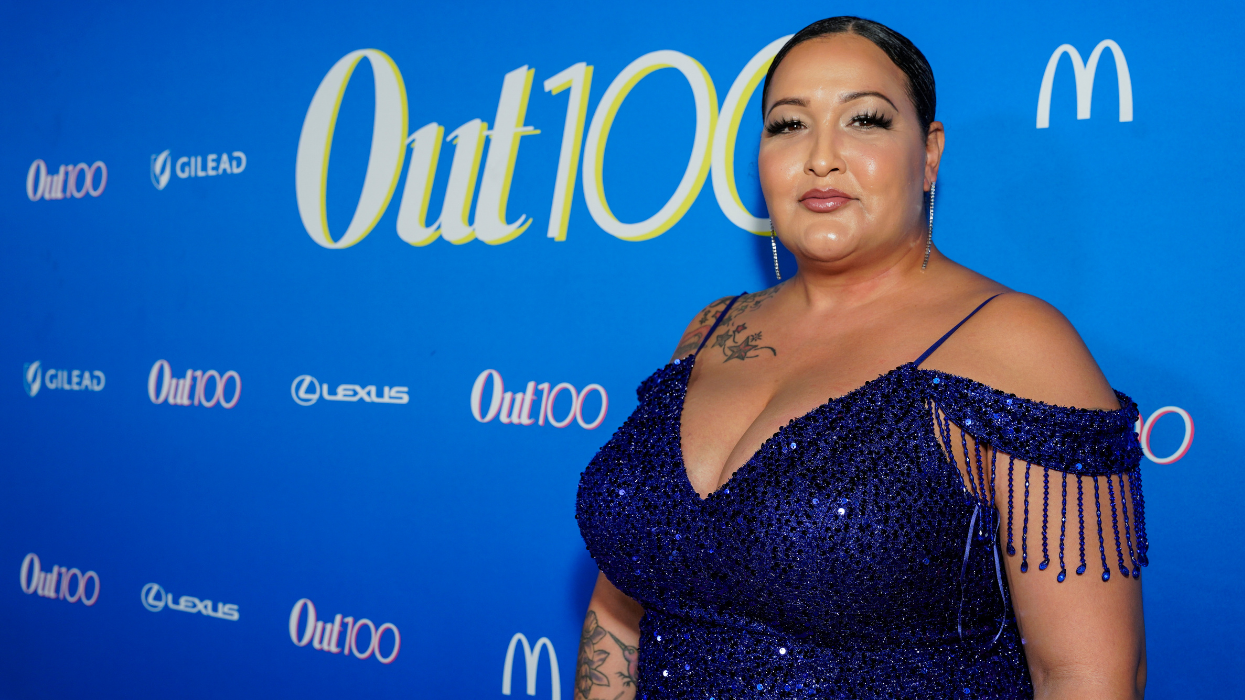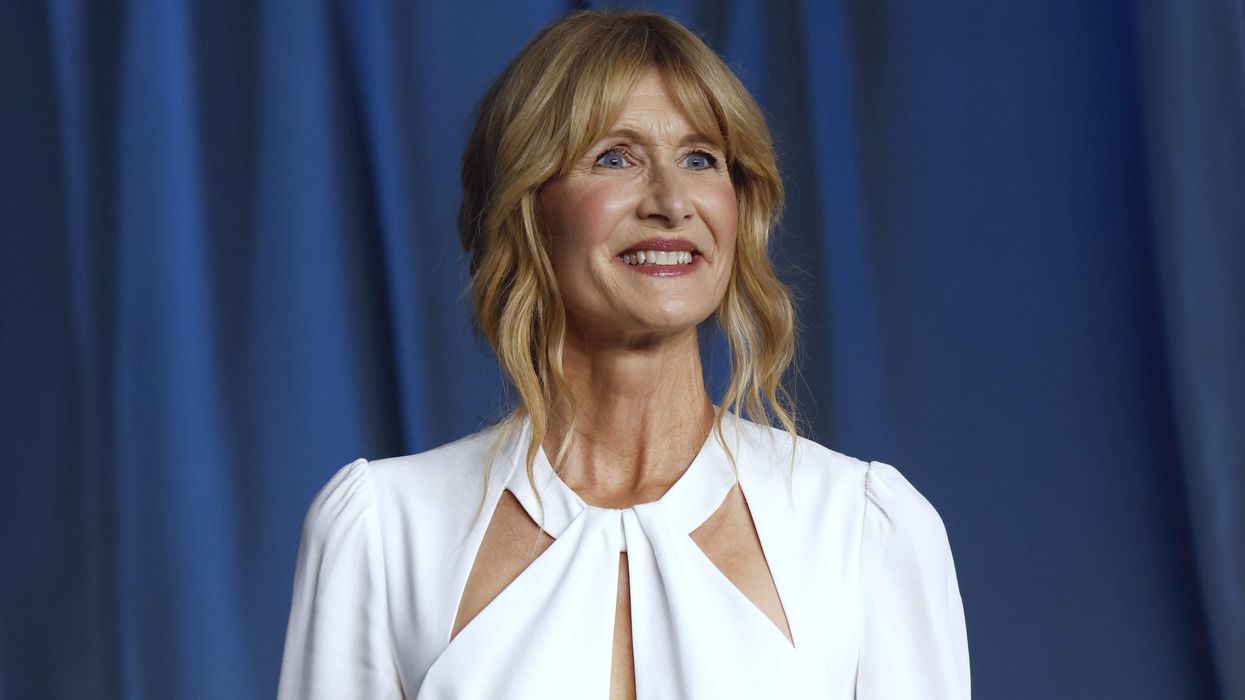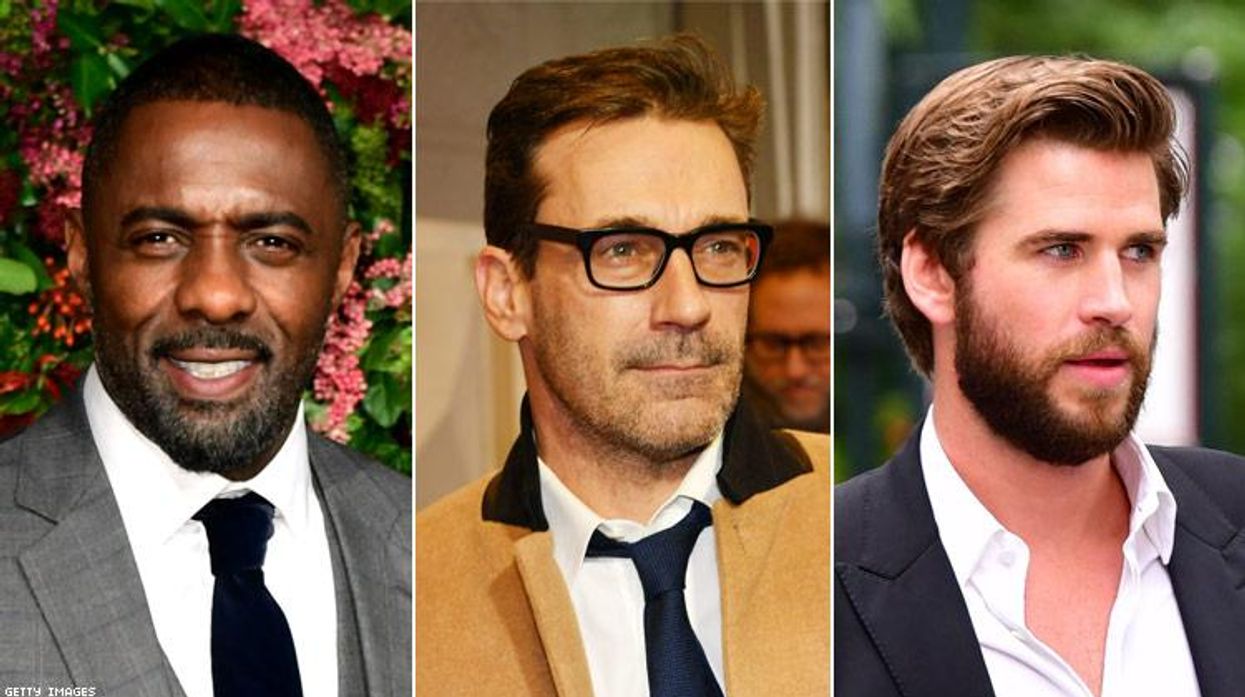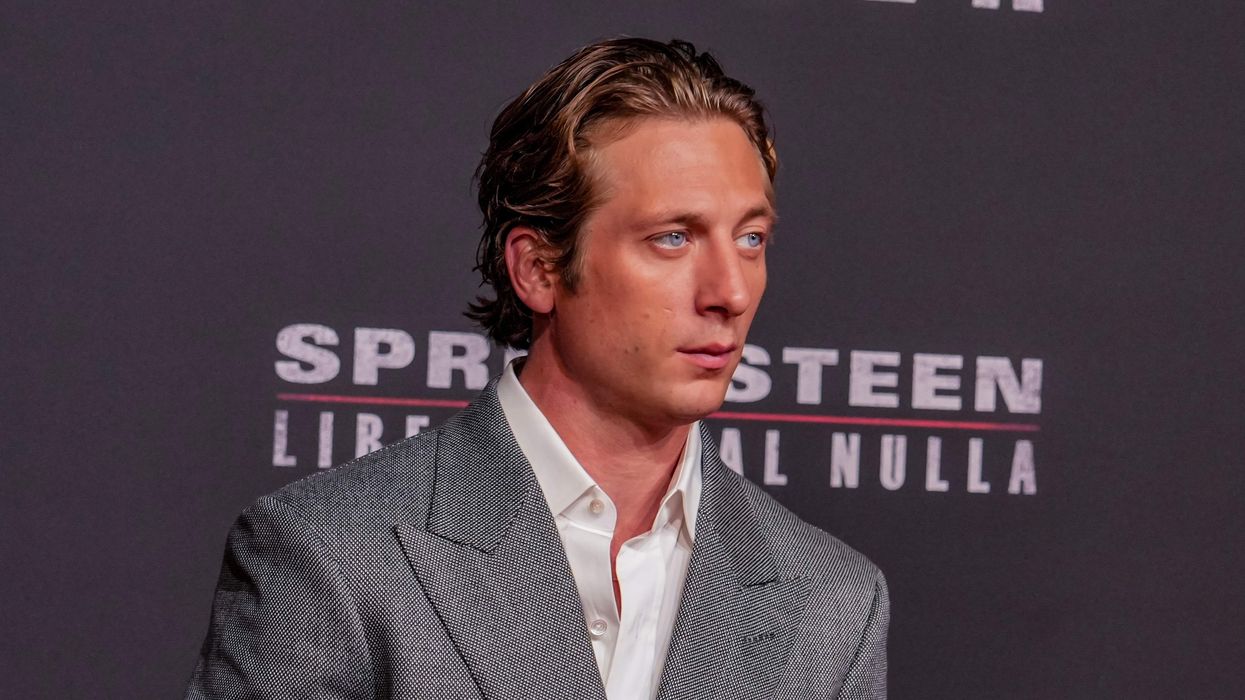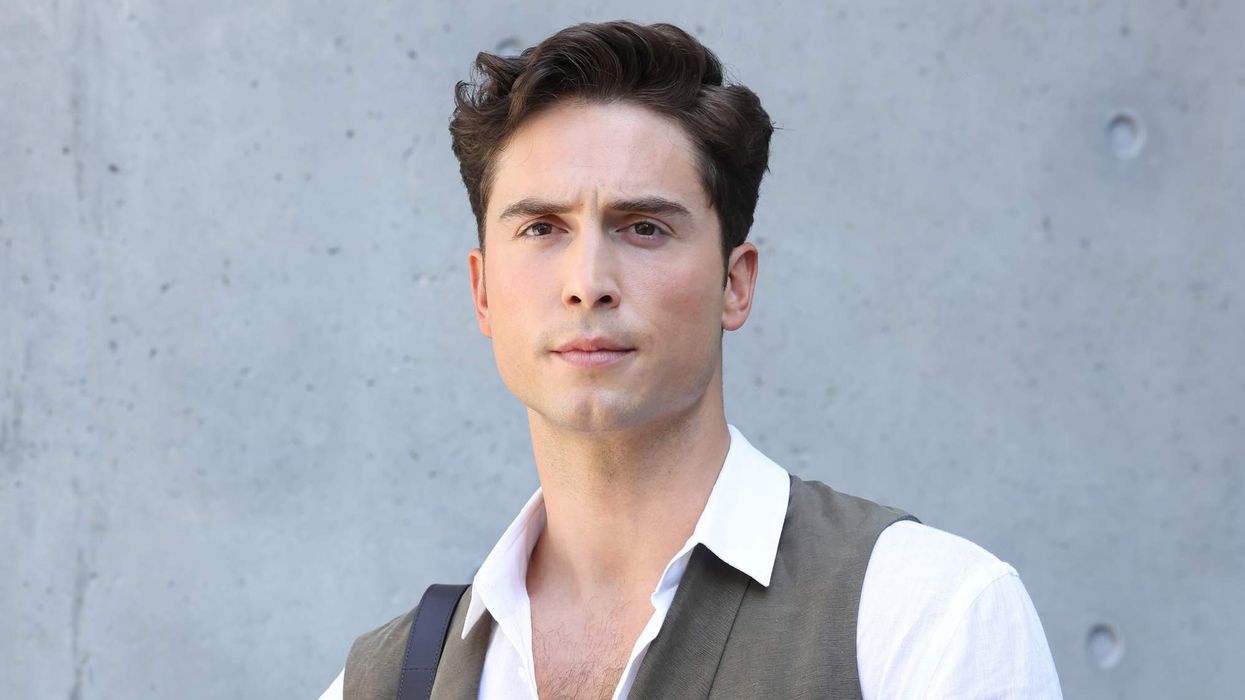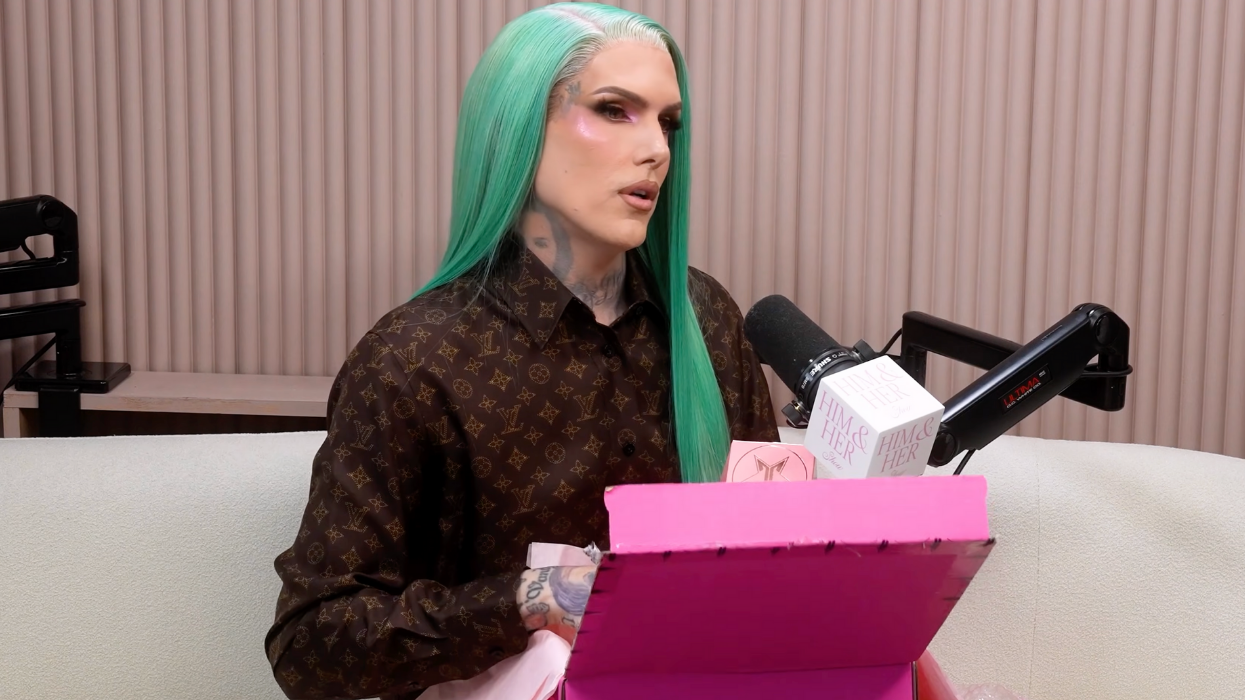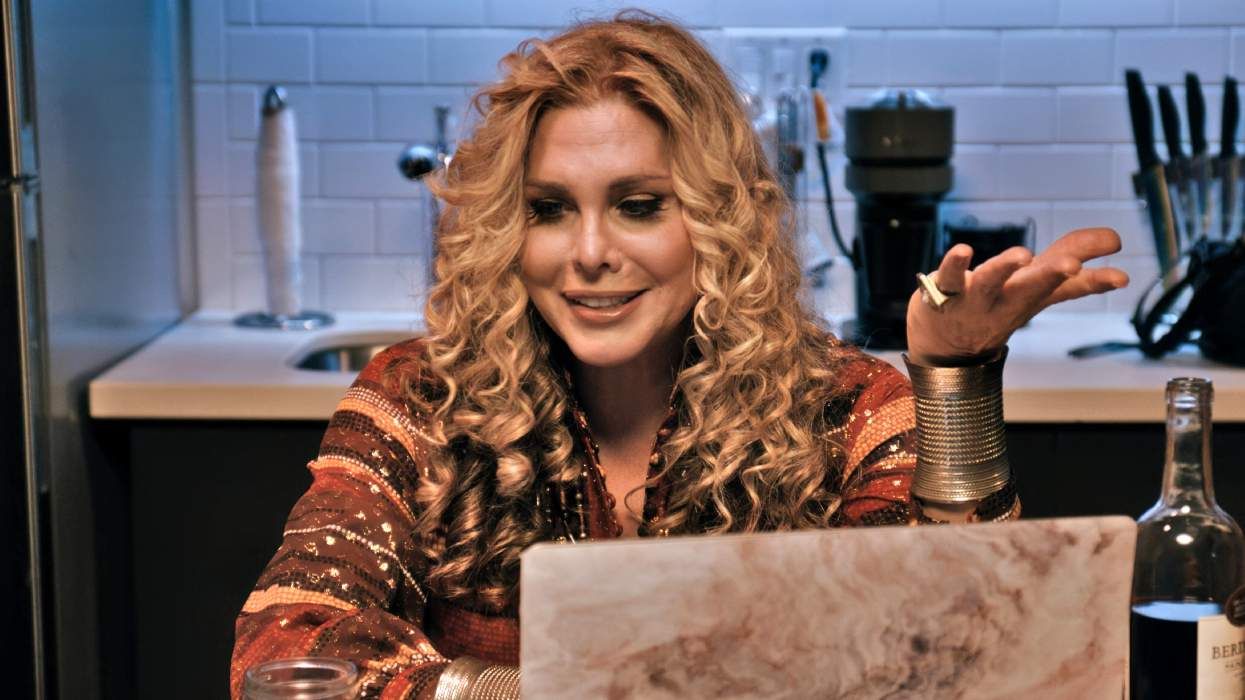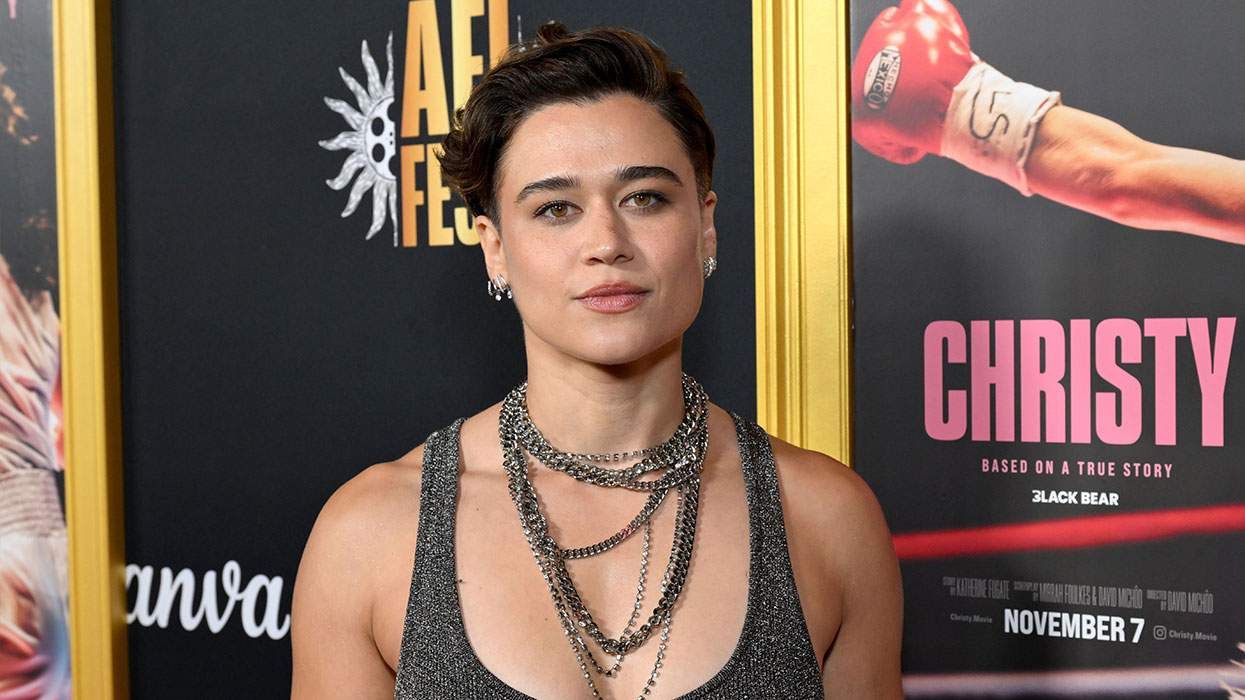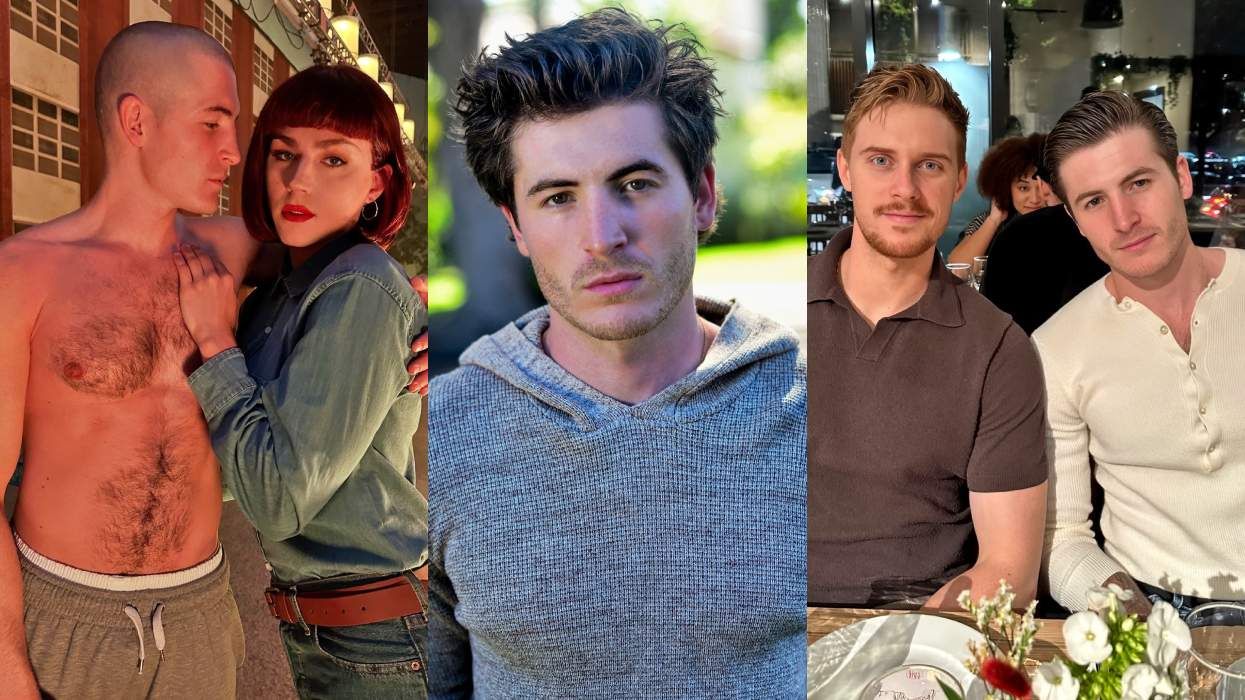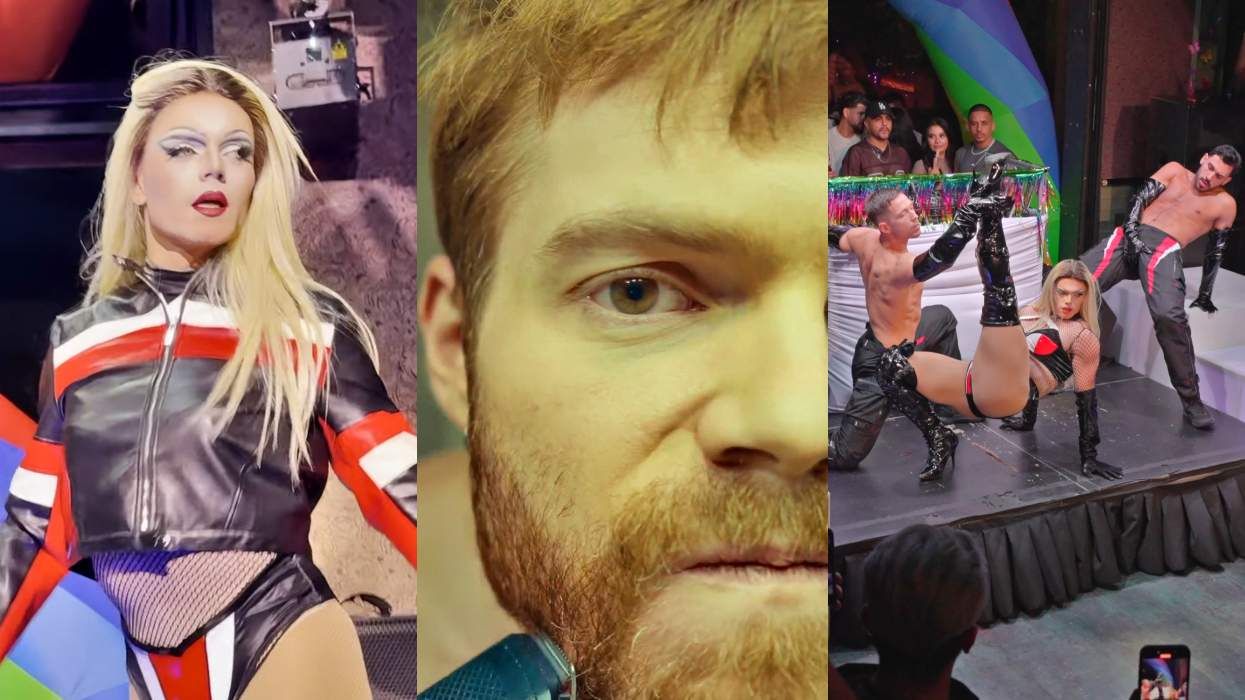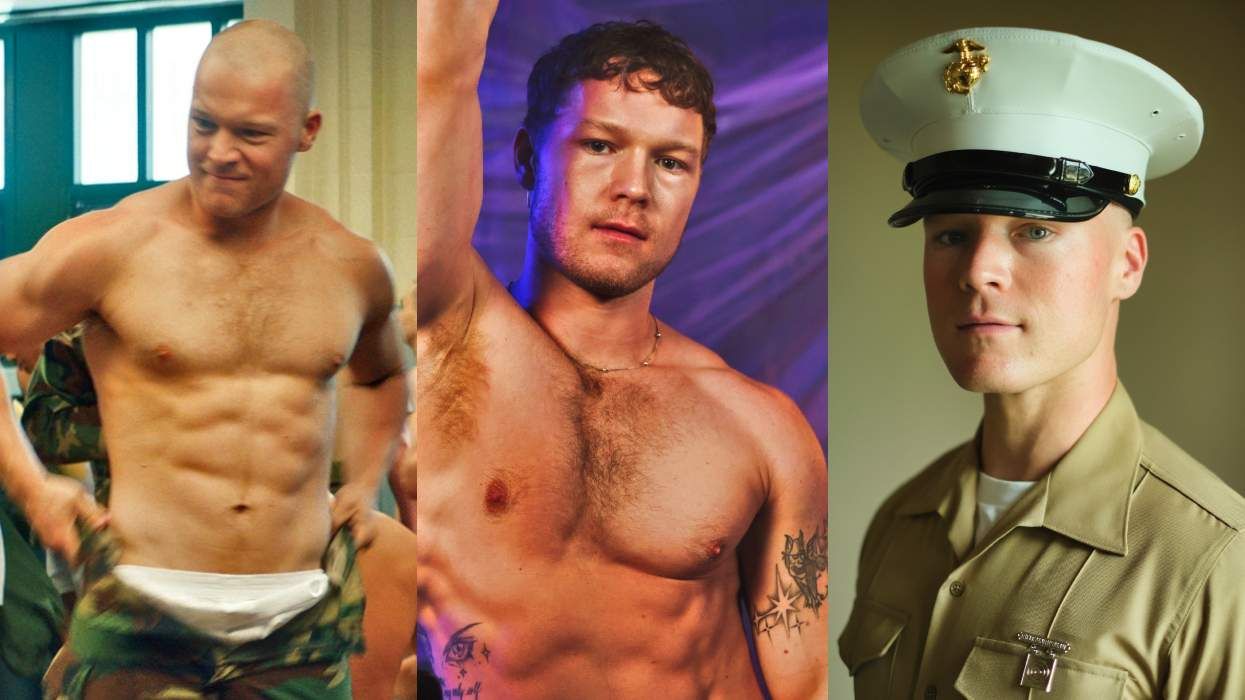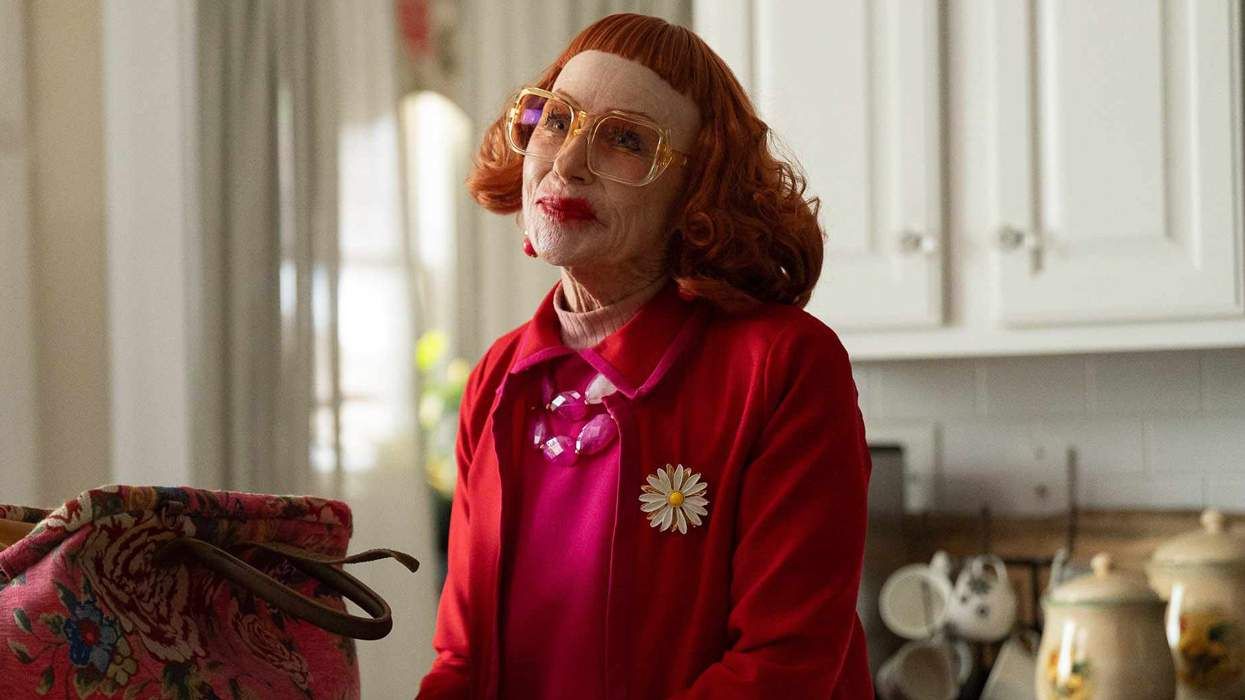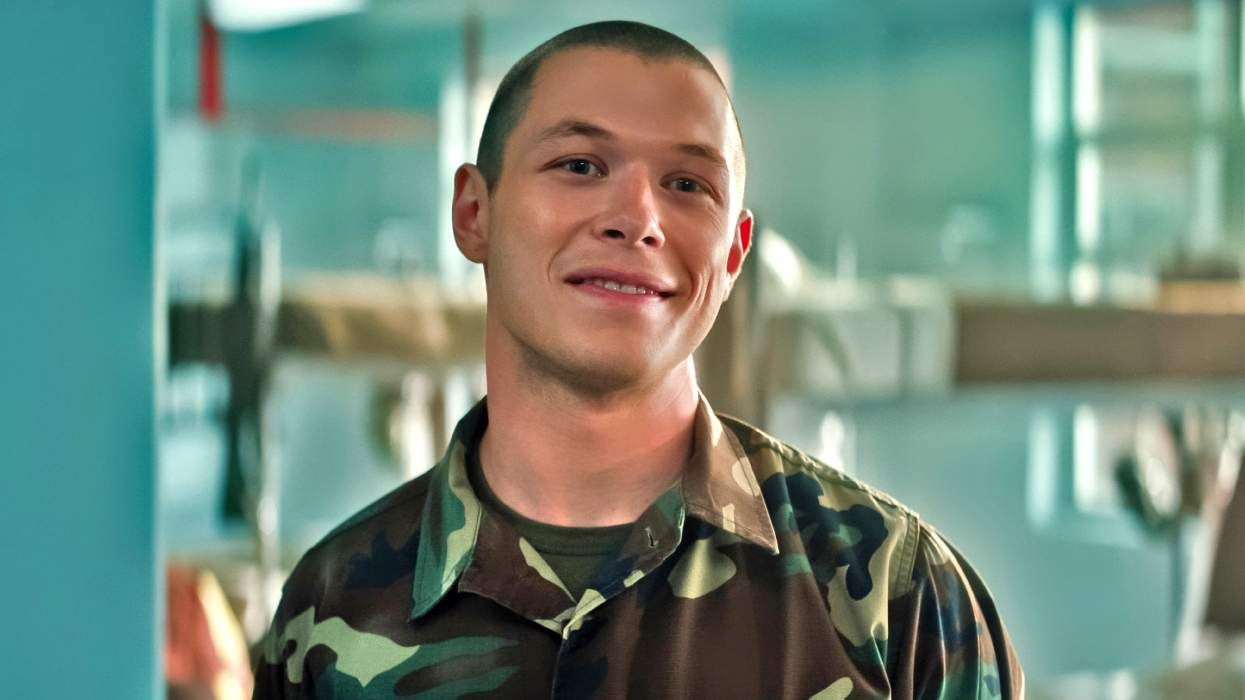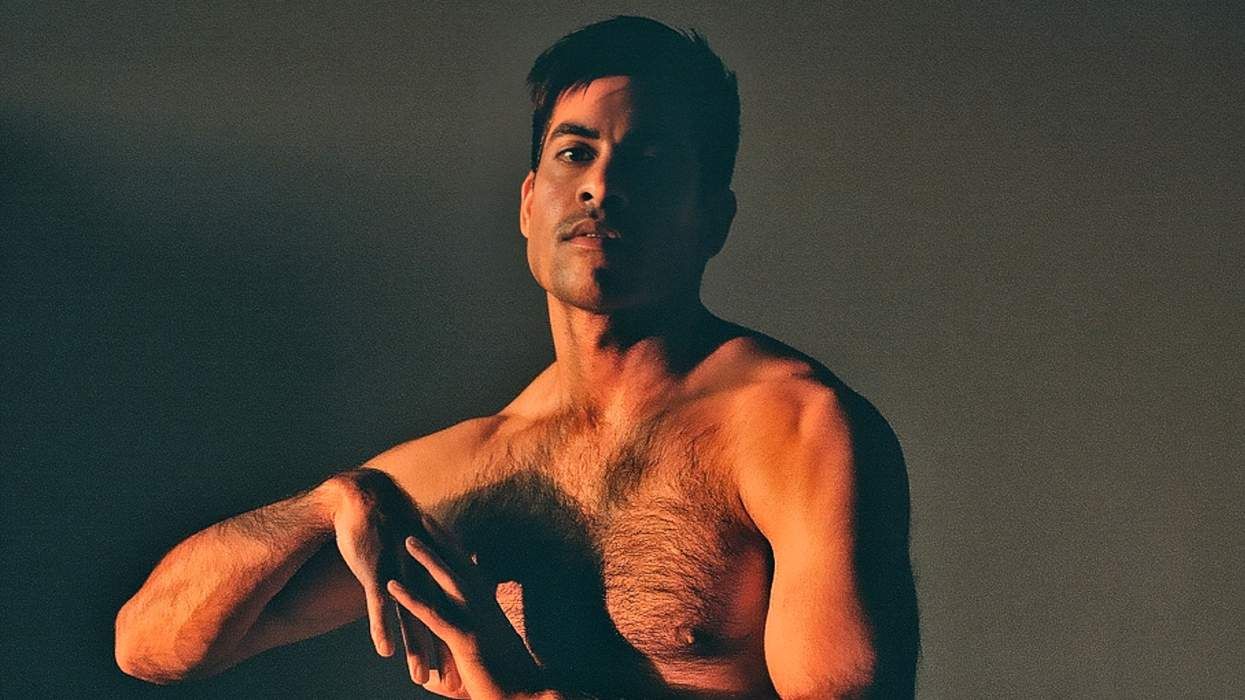Even with a heap of Oscar, Emmy, and Sundance awards, documentary filmmaker Frieda Lee Mock says she still hustles for funding. After 25 years, however, the financial and logistical challenges of indie filmmaking haven't left her jaded. Mock's forte is profiling individuals who make the world a better place, be it Pulitzer Prize-winning playwright Tony Kushner, G-Dog, a Jesuit Priest who created Home Boys, a now legendary gang rehab program, or, her latest subject, Anita Hill, who forced Congress to address sexual harassment in the work place.
In Anita: Speaking Truth to Power, Mock chronicles how a black female professor testified in 1991 before 14 white male Senators, that she had faced sexual harassment by her former boss (and then Supreme Court Justice nominee) Clarence Thomas. The Senate Judiciary Committee members grilled Hill for nine hours, asking her to repeat salacious details, like how Thomas referred to his penis as Long Duck Dong, but did not call experts or corroborating witnesses.
In the feature-length film, Hill shares how the unwanted national attention propelled her to become a professor of social justice and civic leader. As the film hits select theaters nationwide, I spoke with Mock about her own career, hopes for the film, and whether sexual harassment is still a hotbed issue in Hollywood.
Catie Lazarus: You've done over a dozen works about extraordinary individuals, like Rose Kennedy, Maya Lin, Tony Kushner, and now Anita Hill. What's the difference between a portrait film and a biography?
Frieda Lee Mock: I don't do biographies like you see on A&E, where they follow this linear model, like, "So and so was born here, went there, and then there..." My films are not biographies from my definition. I do films about characters who have very strong socio-political aspects to their work and life. I was interested in Tony Kushner because of his strong political ideas and he's very, very funny and charismatic. It was the combo. [In Wrestling with Angels: Playwright Tony Kushner], I only dig into his growing up gay in the South and his relationship with his father, so that you understand where a lot of his ideas were formed that you find in his plays Angels in America and Caroline, or Change.
What does it mean to write a documentary film?
I look at it like fiction writing. Obviously, you're dealing with real people, but you've got to create a story line and frame these characters with a strong narrative arc. I try to be mindful of which elements move the story forward.
You were the first governor elected to the Documentary Branch of the Academy of Motion Pictures Arts and Sciences. What exactly does a governor do?
At the time, we didn't have representation, so it was very important. Non-fiction wasn't popular in Hollywood's studio system. It was like poetry is to literature.
You've made critically acclaimed films for 25 years, do you still have to hustle for funding?
Of course, you have to hustle for the funding! It's the nature of arts. Luckily, there are some really generous people out there, but it's still a hustle.
Your husband, Terry Sanders, your daughter Jessica, and your brother-in-law have all won Oscars. I'm curious if your folks were artists or artistic?
My father was a chef. My mom helped him and raised kids, but my parents were [Chinese] immigrants. I was supposed to be, like, a doctor. I mean the idea of being a filmmaker was not exactly in their cultural zeitgeist.
Speaking of cultural zeitgeist, there are so many people who don't know who Anita Hill is. Was 1991 that long ago?
Well, it makes sense that anyone who wasn't a certain age in 1991 would know about the hearings, but that's who should see this film! When I set out to make the film, I wanted to look at the impact 20 years later. You know, sexual harassment was never really discussed before Anita's testimony, officially or publicly.
What did you set out to accomplish that Anita's memoir or Jill Abramson and Jane Mayer's formidable book Strange Justice didn't?
I wanted to share Anita's story and not a story about the Congressional hearings specifically, only how those hearings help us understand her and now. It wasn't to rehash the hearings or sway your opinion on the hearings. I set out to look at Anita.
Your film illustrates how the Senate only acknowledged the issue of race as it pertained to Clarence Thomas. His infamous claim that the hearings were a, "high tech lynching," was ironic considering what Hill's grandparents went through. Did you try to speak with the Senators who were on the Senate Judiciary Committee, particularly (now Vice President) Joe Biden. I wonder if he'd say whether, in hindsight, he regrets how he conducted the hearings.
I don't think those senators, who remain with us, would admit publicly that they treated her like crap. It's too political. If you look at those 14 guys and the state of mind in 1991, they probably didn't get sexual harassment or didn't take it seriously. I think they didn't understand what it was really like for women in the workplace.
What's your experience in Hollywood then?
When I started out in the business, people just said things. Or you were chased around the table. I'm not sure if that happens as overtly now, although I don't know.
It still happens, sometimes less overtly. In your film, Anita explains how sexual harassment in the work force is about power.
I hope people will see this film and understand what she set out to do and how it changed her life's work and the national discussion.
CL: It's an extraordinary story and a necessary one to share, so thank you.
Anita: Speaking Truth to Power is currently in select cinemas. Watch the trailer below:



